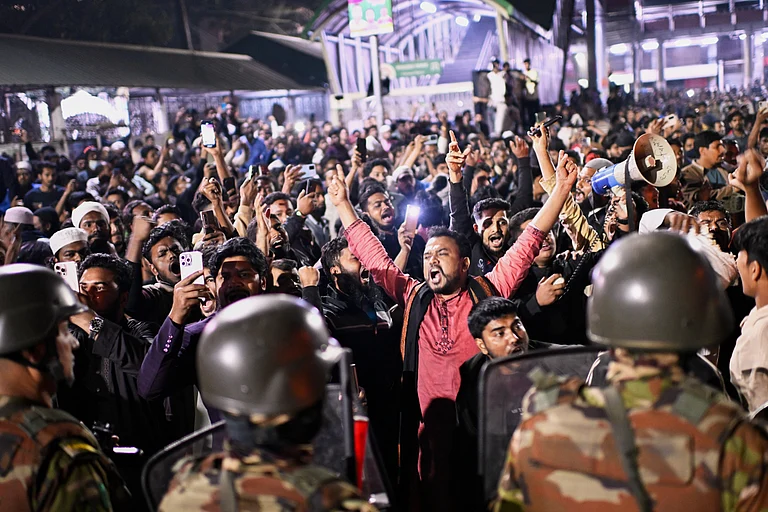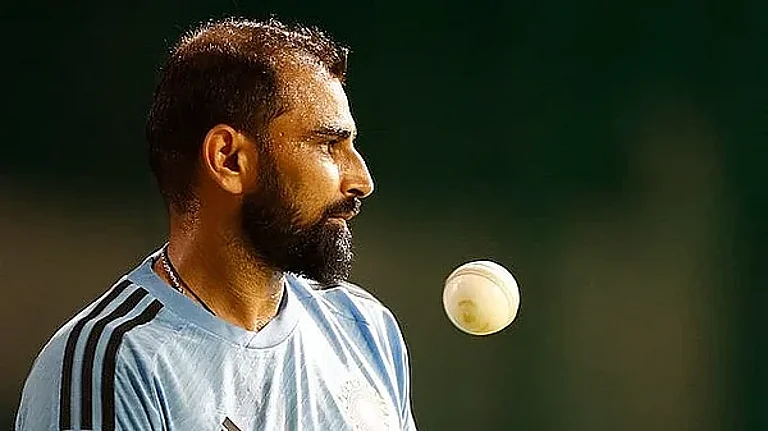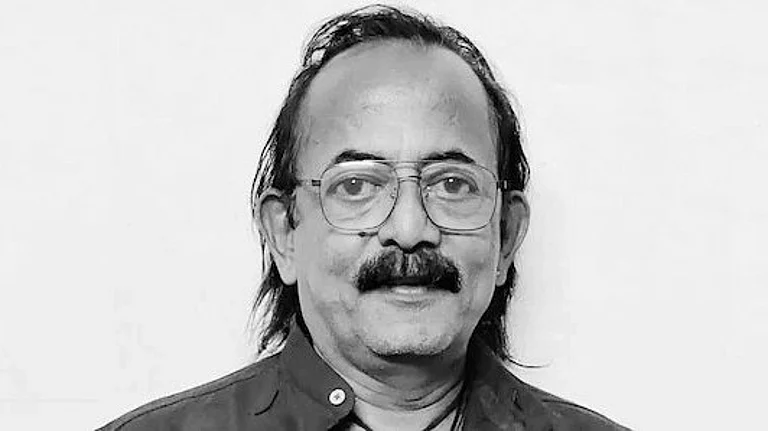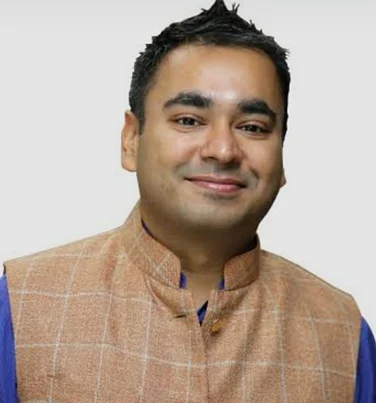Bhai Dooj, the most heartwarming and beloved festival, is coming and will be celebrated enthusiastically all over India. The festival is a testament to enduring love, trust, affection, and efforts between brothers and sisters. Bhai Dooj has different names like Bhai Bij, Bhau Bij, Bhav Bij, Bhai Phonta, Bhai Tikka, etc., marking the culmination of the Diwali festival. This year, the festival will be celebrated on November 3, 2024 (Sunday). In this article, let’s explore how Bhai Dooj is celebrated across different regions in India.
Bhai Dooj celebration in different regions of India
Bhai Dooj in North India

The northern states like Uttar Pradesh, Haryana, and Punjab celebrated Bhai Dooj with great fanfare. The festival holds a significant place in their hearts; the occasion is marked by sisters applying tika (vermillion mark) on their brother’s foreheads and performing aarti to bless them with prosperity, long life, and happiness. The sister offers betel leaves, dry coconut, and sweets to her brother, and in return, the brother offers gifts to his sisters.
Bhai Dooj in South India

In the southern part of India, particularly in the states of Tamil Nadu, Karnataka, and Andhra Pradesh, Bhai Dooj is celebrated as Yama Dwitiya. There is a belief that Yama, the god of death, visited his sister Yamuna on this day, and she welcomed him with a tilak on his forehead. This action of his sister pleased him, and in response, he proclaimed that any brother who received a tilak from his sister on this day would be protected from death. This is why Bhai Dooj is also known as Yama Dwitiya in some regions.
Bhav Bij in Maharashtra and Goa

Bhav Bij, a lively festival is celebrated in Maharashtra and Goa. The beautiful occasion celebrating the brother-sister bond starts with a square-shaped seating arrangement drawn by sisters for their brothers. The drawing is made with rice flour, symbolizing protection. Sisters apply tilak to their brother’s forehead and perform aarti. This tilak plays an important role as it signifies prayer for a brother's good health, a long, happy life, and prosperity. Brothers, in return, give their sisters gifts, and the families share a festive meal.
Bhau Beej in Gujarat

Bhau Beej is celebrated in Gujarat; the celebration seems similar to North India but with a distinctive cultural touch. Bhau means brother, and beej means the second day of the lunar fortnight. Sisters pray for their brothers’ longevity and offer them sweets after applying the tilak. A significant custom in Gujarat is that sisters host their brothers for a special meal, which is considered a key part of the day.
Bhaiya Dooj

Bhaiya Dooj is celebrated in Bihar, where sisters perform aarti for their brothers, pray for their prosperity, and apply tilak on their foreheads. Apart from the Bhaiya Dooj celebration, the same day is also celebrated as Godhan Puja. Early in the morning, women of the society gather in the courtyard or open space and make a large rectangle of cow dung; in the centre, they make idols of Yama and Yamuna (Yama’s sister). They worship them and read the stories of the legends behind this auspicious festival.
Bhai Phonta

Bhai Dooj is celebrated as Bhai Phonta in West Bengal, Tripura and Bangladesh. The rituals begin with the sister dipping the little finger of her left hand into curd, sandalwood paste, ghee, honey, and kajal and then putting the tilak. After that, the younger seeks blessing from the elder, and the elder blesses them by putting dhaan (paddy seeds) and durba ghas (grass) on their heads. After the phonta (tilak) is applied to the brother’s forehead, the sister recites mantras for her brother's well-being. The event is followed by a grand feast.
Bhai Tikka

Nepal celebrates the sibling bond as Bhai Tikka on the third day of Tihar with great enthusiasm and zeal. On this day, sisters pray for their brother's long life and success by applying a special seven-coloured tika (rainbow tika) on their brothers' foreheads. The ritual signifies the strength and diversity of their bond and is considered one of the most important festivals of the region.
Bhratri Dwitiya

Bhai Dooj is celebrated as Bhratri Dwitiya in Odisha. The festival includes a significant ritual where sisters fast until they have completed the tika ceremony for their brothers. They offer prayers for their brothers’ health and well-being. After the tilak, the sister serves a special meal to her brother, breaking her fast only after he has eaten.
While Bhai Dooj is celebrated differently across various states and regions in India, the essence of the festival remains consistent—celebrating the unbreakable bond between brothers and sisters. Each region brings its cultural flavour to the festivities, adding diversity to the celebrations. Bhai Dooj stands as a reminder of the importance of family ties and the love shared between siblings, making it a cherished occasion in the Indian festival calendar.



























